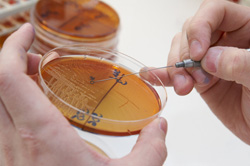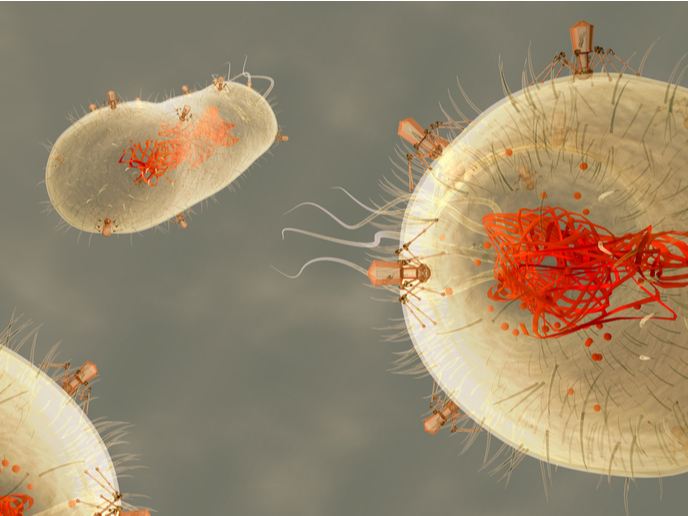Hats off to enzyme probes
The study of exactly what a gene does in terms of production of proteins (gene transcription) is providing many molecules for which the function is unknown. Among these are many enzymes that control the addition of small groups of atoms to newly transcribed proteins. The EU-funded 'Novel approaches towards understanding of gene transcription using small molecules as tools' (Dekker40) project studied the phenomenon of post-translational modification using small molecule inhibitors. These prevent modification from taking place, allowing the exact role of the enzyme in question to then be determined. One group of molecules of interest to the team in particular are histone acetyltransferases (HATs). These are a recently discovered group of enzymes for which there were no selective inhibitors to identify their function. Two HAT enzymes were studied and the Dekker40 researchers identified several inhibitors for both molecules. This development will prove beneficial for so-called activity-based profiling where inhibitors are used as probes in different tissues to pinpoint active enzymes. Inhibitors were also identified with improved potency in cell-based studies of histone acetylation. Inhibitors for HATs based on the natural product anacardic acid found in cashew nuts and mangoes produced a set of inhibitors with improved strength and selectivity. Inflammatory lung diseases such as asthma are often characterised by an increase in HAT activity. Inhibitors based on anacardic acid are promising candidates for the treatment of inflammatory disease.







